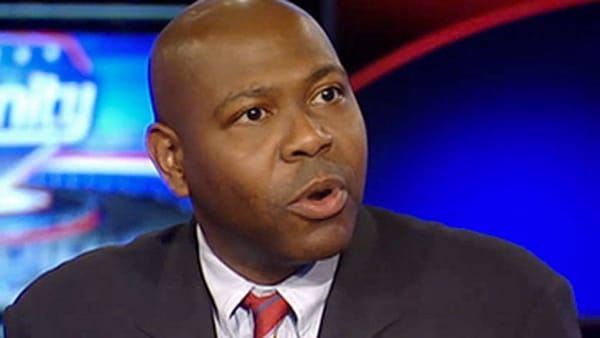Supreme Court passes on ruling in Little Sisters case

WASHINGTON, D.C. – The Supreme Court today punted the question of whether the government can compel nuns, priests, and faith-based schools to provide employees with contraceptive coverage, even if they are bound by religious teachings that forbid certain forms of birth control.
[perfectpullquote align="full" cite="" link="" color="" class="" size=""]RELATED: Little Sisters win a big battle — and maybe the war[/perfectpullquote]

